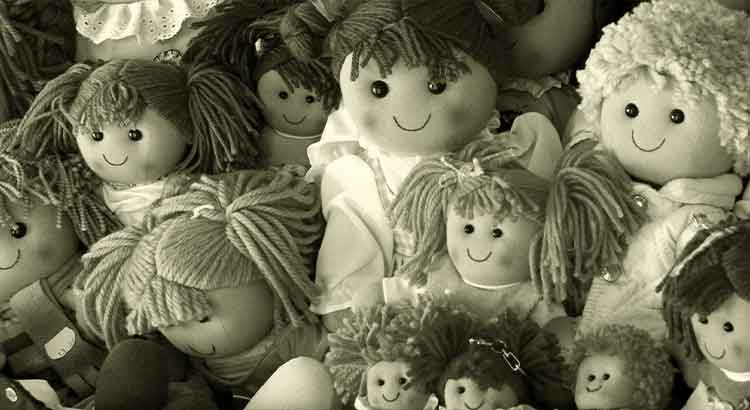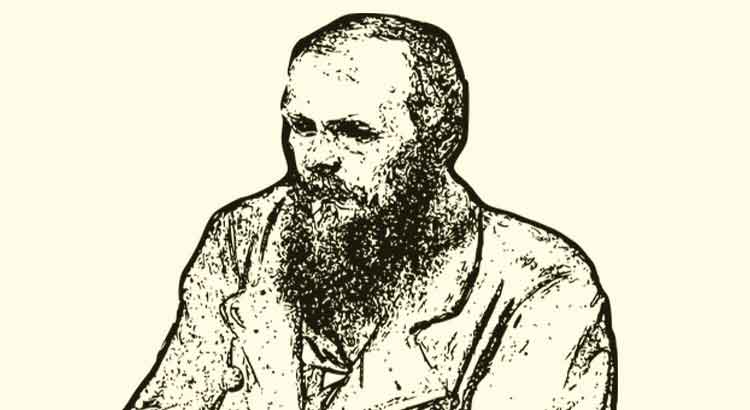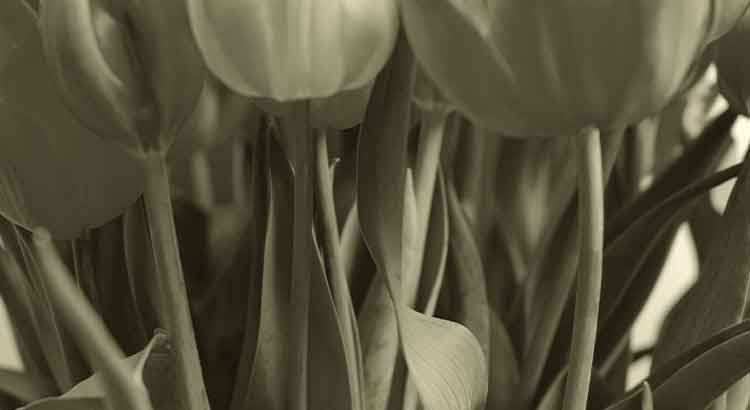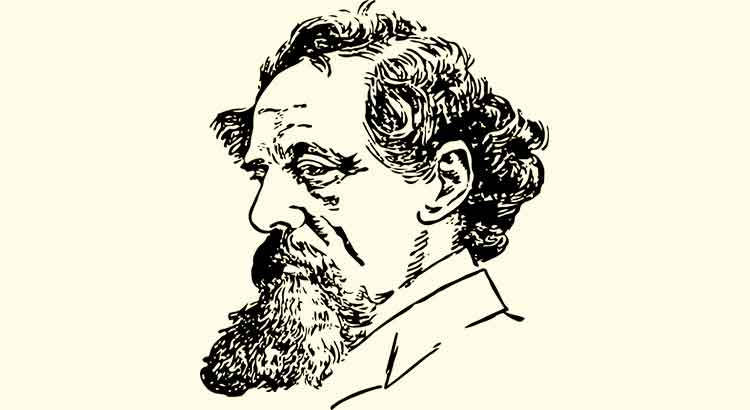As Fernando Pessoa wisely recommended, the creation of imaginary friends, the exercise of mental conversations that would never be carried out in life, the realization of the impossible by the mind, all this, besides the benefits from the infinite novelties, brings invaluable contributions to the organization of reasoning. It is a practice that tests limits, exposes counterpoints, broadens horizons, and fills the need arising from the limitation of experience. The mind is strengthened because it has exercised and learned more, thought takes on more solid contours, and the habit, with time, becomes a healthy, pleasurable, and irreplaceable psychic and existential need.
Tag: literature
It Seems That the Traits Placed by Dostoevsky…
It seems that the traits Dostoevsky placed, especially, in the personality of Myshkin would be inconceivable to someone who never observed them acting in real life. Inconceivable because they would seem absurd and unconvincing. But there it is: this innocence that seems to be and is not stupidity, this absolute lack of astonishment, this benevolence without limits, this speech that errs in the choice of words, this acting that is a little shy, a little confused, that seems indecisive and generates so much strangeness… All this complexity that always seems to be what it is not, added to the look of those who know and accept it, without fear, without surprise, without judgment and without reaction, leads those who observe it to a perplexity that logic is unable to explain. Reasoning cannot accept what it sees and, lacking a better explanation, puts everything on the account of folly and absurdity. Myshkin, however, is real, and contrary to the expectations of a race imprisoned in the meanness of spirit, he shows that the human soul, by raising itself up, gets rid of what ties it to the ground.
Happy Are Those Who Discover…
Happy are those who discover that it is not necessary to answer when they are addressed, that it is not necessary to pay attention to those who demand it, that it is not necessary to bow down to the theater of convenience and become a slave to this social game. Happy are the misanthropes, the brutish cave-dwellers, the hermits, the pilgrims, the rebels, and all those who are repugnant to socializing!—for happiness, after all, is not to be a wretch.
Oliver Twist, by Charles Dickens
It seems to me that Dickens’ greatest achievement in Oliver Twist lies in the opening chapters of the work. Dickens introduces us to the protagonist in such moving conditions that it is impossible not to arouse immediate empathy in us. The story goes on, and the plot is handled with intelligence: all the time we realize that there were other choices, perhaps more natural, but which would undermine the relationship we have with Oliver—Dickens chooses not to tarnish his character, nor limit him to the obvious. Oliver Twist, without a doubt, from the very beginning of the narrative proves to be more interesting than a poor wretch. The antagonists, the settings, the progression of the plot: all this is very well described and convincing. From the middle of the work, however, our desires begin to be satisfied, and the narrative culminates in a planned ending that is designed to please. Here, perhaps, one could lament the absence of surprise, as one could also point out that more initiative was expected from the protagonist. As a work of art, however, Oliver Twist closes a fair dramatic arc and is therefore very good.



